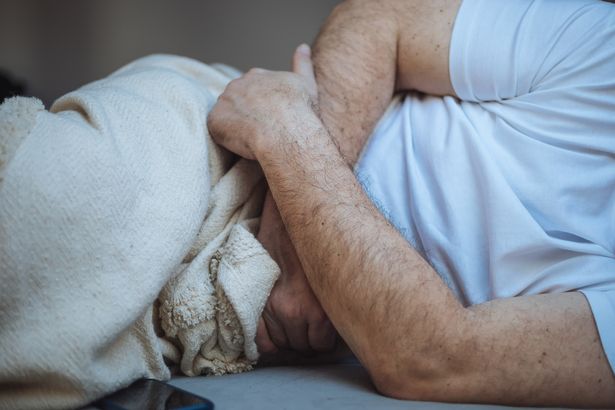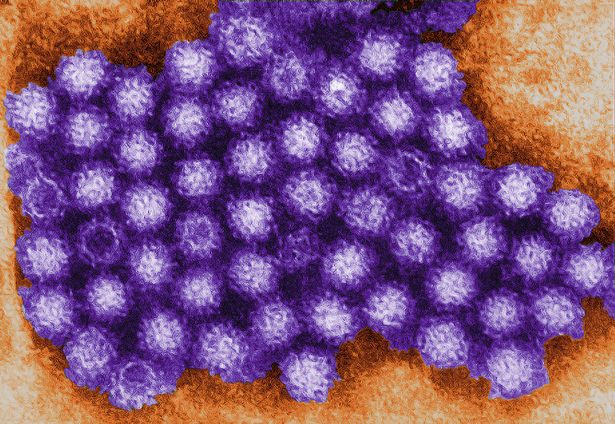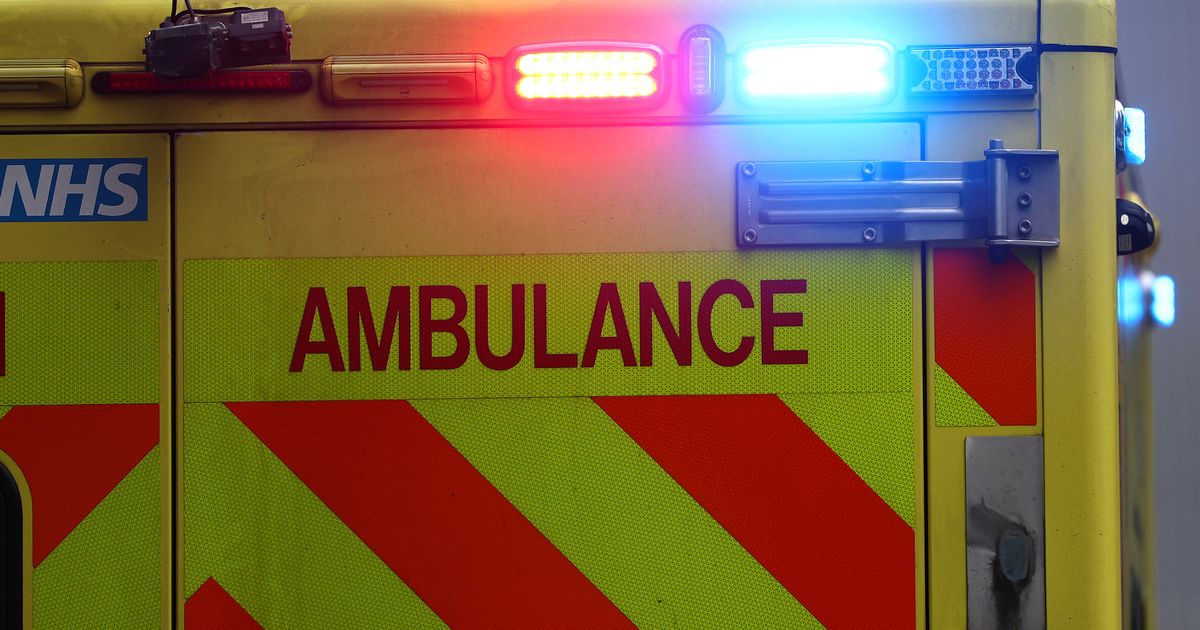The UKHSA has warned that levels of a virus that ‘spreads easily’ are unusually high for this time of year
09:34, 13 May 2025Updated 09:34, 13 May 2025
 Levels of a ‘winter virus’ are higher than expected for spring(Image: Getty Images)
Levels of a ‘winter virus’ are higher than expected for spring(Image: Getty Images)
Health officials in the UK have issued advice to Brits to help ‘stop the spread’ of norovirus.
Also known as the ‘winter vomiting bug’, the UK Health Security Agency (UKHSA) says levels of norovirus are ‘higher than expected’ for this time of year.
It comes after an NHS hospital was forced to close its wards last week following a surge in cases of the virus.
Belford Hospital in Fort William, Scotland shut its wards to new patients and restricted visitor numbers due to the virus. NHS Highland urged anyone who has symptoms, or lives with somebody who does, not to visit a healthcare facility.
Norovirus can affect people all year round and is a highly contagious virus, typically spread from person to person through the air, or on surfaces such as door handles, or in foods.
Content cannot be displayed without consent
The UKHSA wrote on X, formerly Twitter: “We’re outside the usual #Norovirus season, but cases are still higher than expected for this time of year.
“Caught the ‘winter vomiting bug’ this spring? Find out what to do and how to stop the spread in our blog post.”
The UKHSA said in a blog post that ‘good hand hygiene’ is essential to stop the spread of norovirus.
The health agency said: “To avoid catching norovirus or passing it on to others, wash your hands frequently and thoroughly with soap and warm water.
“This is most important following an episode of illness, after using the toilet, before eating or preparing food, as well as cleaning up vomit or diarrhoea.”
 Norovirus can trigger abdominal pain, vomiting and diarrhoea (Image: Getty Images)
Norovirus can trigger abdominal pain, vomiting and diarrhoea (Image: Getty Images)
Alcohol-based hand sanitisers are not effective against norovirus, the UKHSA warns.
The latest UKHSA data shows that levels of norovirus have ‘remained high’ in recent weeks. It comes after the number of patients in hospital with norovirus reached all-time highs in February, NHS figures revealed, with rates more than double those seen the previous year.
Data shows that the total number of norovirus cases between weeks 14 and 17 of 2025 was more than double (156.9 per cent) the five-season average for the same four-week period, which is used to track seasonal patterns in the virus.
The number of norovirus outbreaks were also 43.3 per cent higher than the five-season average, the UKHSA said.
It comes just weeks after the UKHSA warned of a possible second wave of norovirus following a shift in the circulating strains of the virus. It said in February that immunity to one strain of the virus doesn’t guarantee protection against others, urging Brits to be aware that they could get sick for a second time.
Data revealed a surge in cases of the GII.17 norovirus strain, while another common strain, known as GII.4, was also becoming increasingly prevalent.
 Hand sanitisers do not kill norovirus, experts warn(Image: PA)
Hand sanitisers do not kill norovirus, experts warn(Image: PA)
Symptoms of norovirus include sudden onset of nausea, projectile vomiting and diarrhoea but can also include a high temperature, abdominal pain and aching limbs, the UKHSA says.
The UKHSA has urged Brits to remember the following if they come down with norovirus:
- Norovirus cannot be treated with antibiotics
- Vomiting and diarrhoea causes your body to lose water and salts, which can lead to dehydration, so it is important to drink plenty of fluids to prevent this
- Stay at home. Do not return to work or send children to school until 48 hours after the symptoms have stopped and do not visit your GP or hospital while symptomatic
- Avoid cooking and helping to prepare meals for others until 48 hours after symptoms have stopped
- Wash any contaminated clothing or bedding using detergent and at 60C
- To disinfect contaminated surfaces, use bleach-based cleaning products where possible as norovirus can survive on surfaces for days or weeks otherwise
